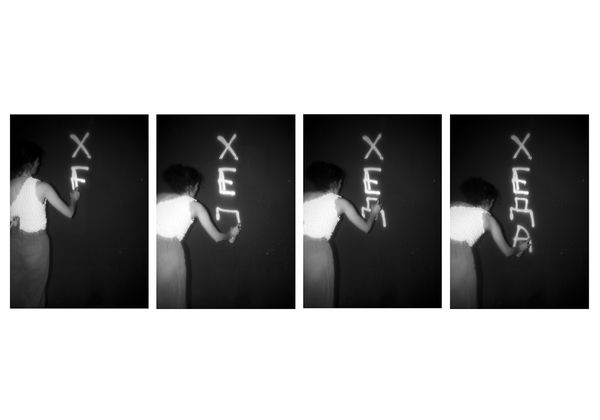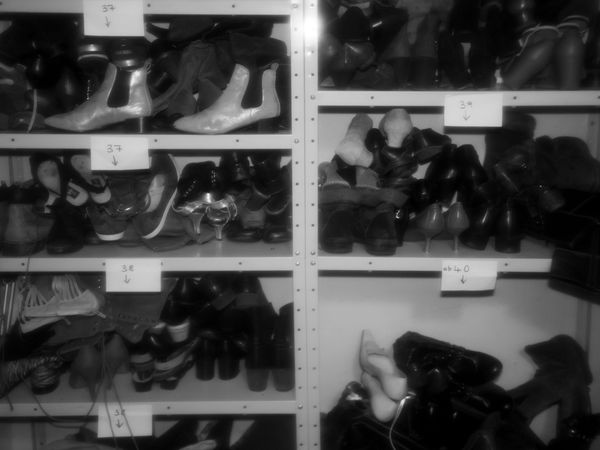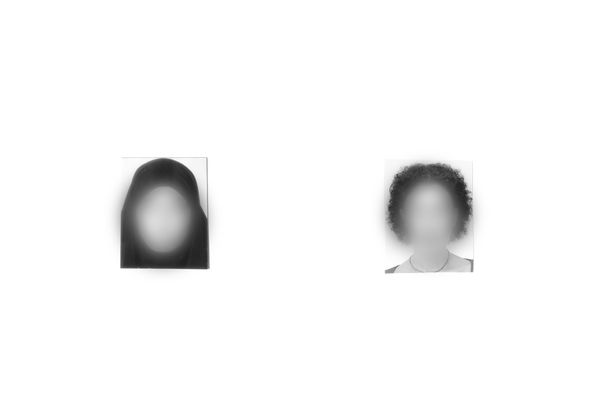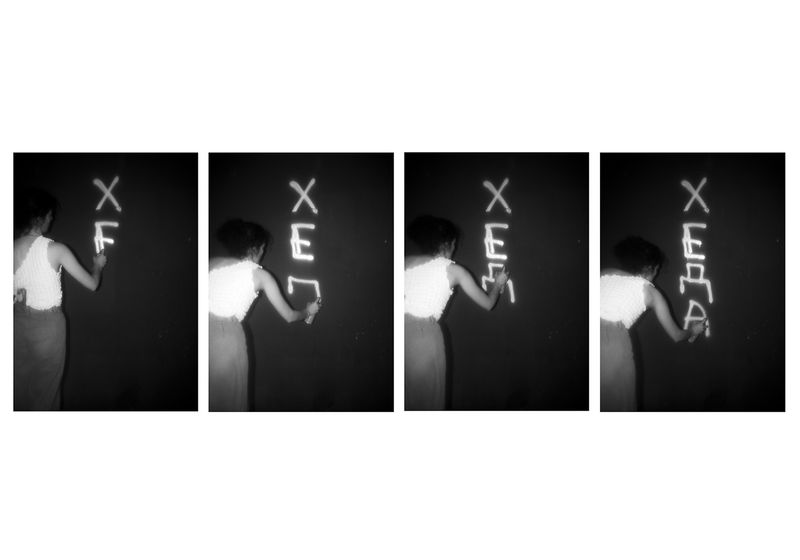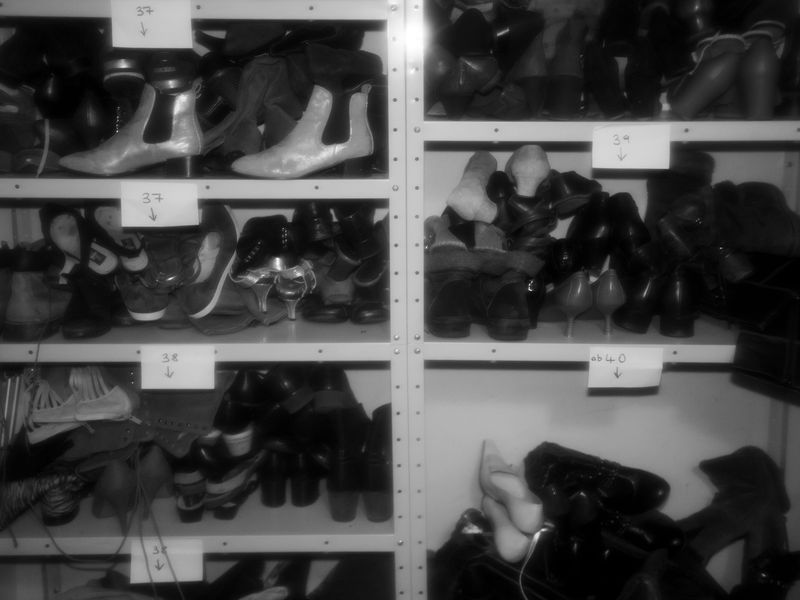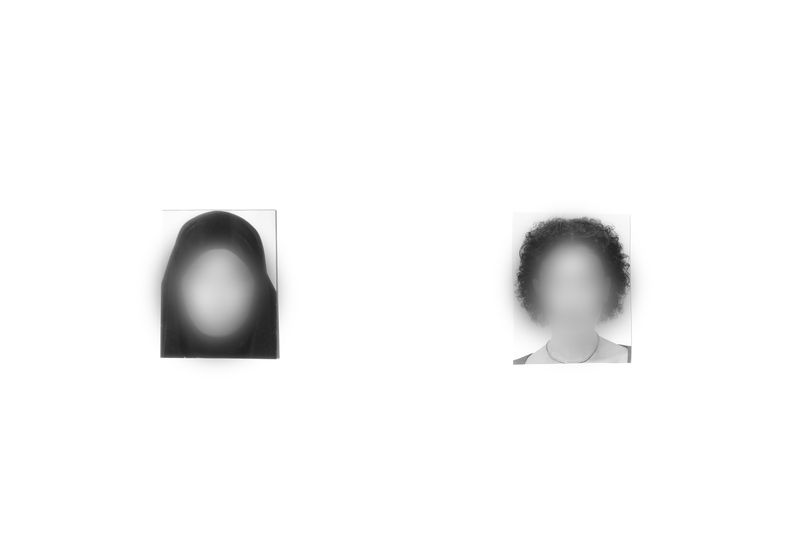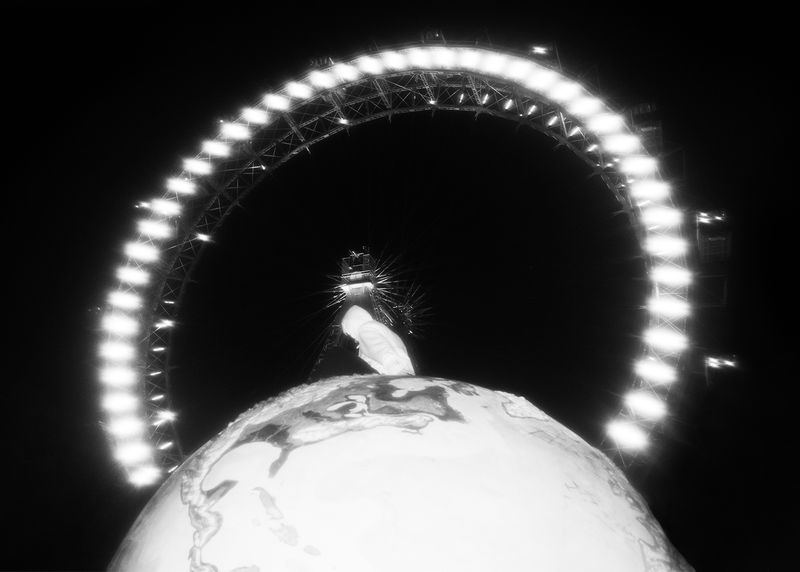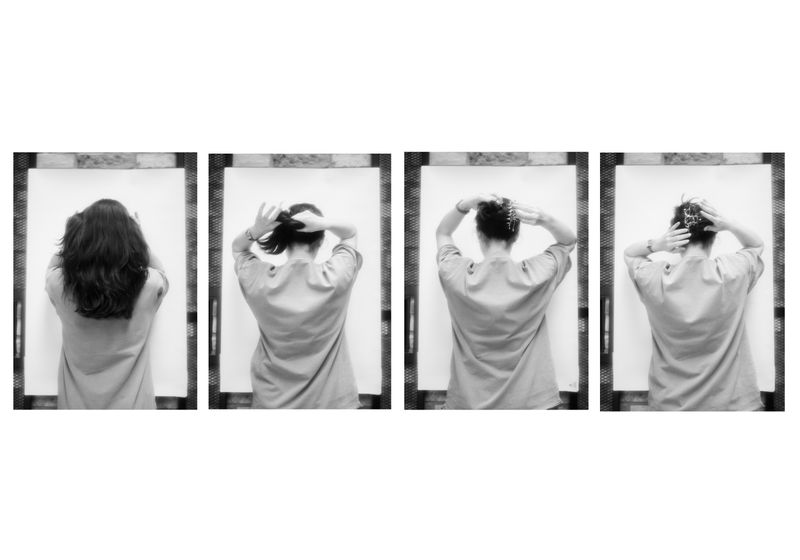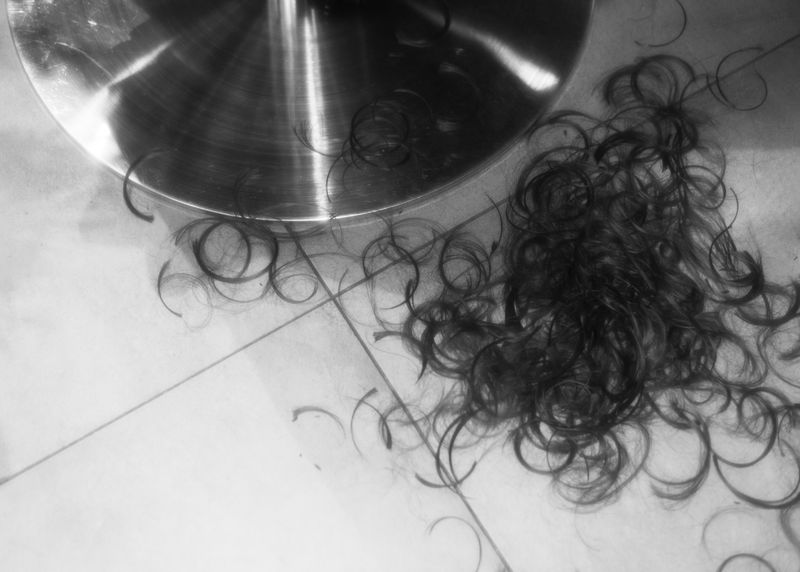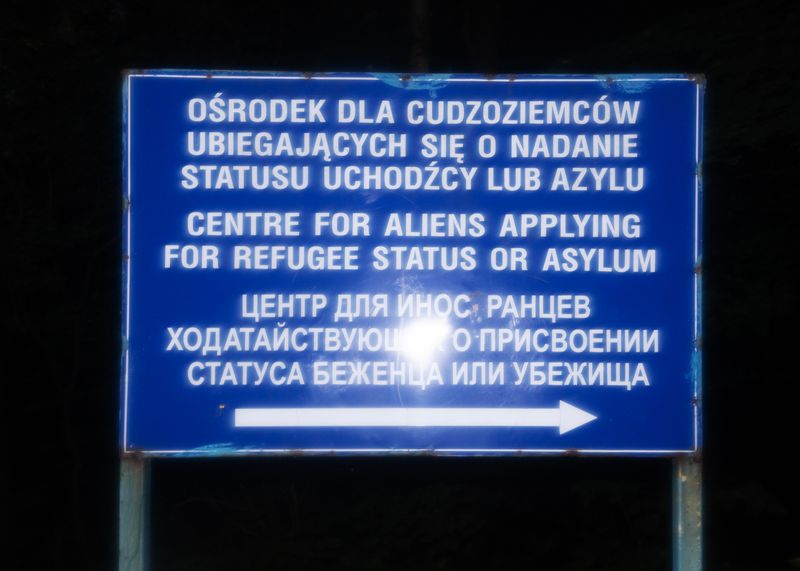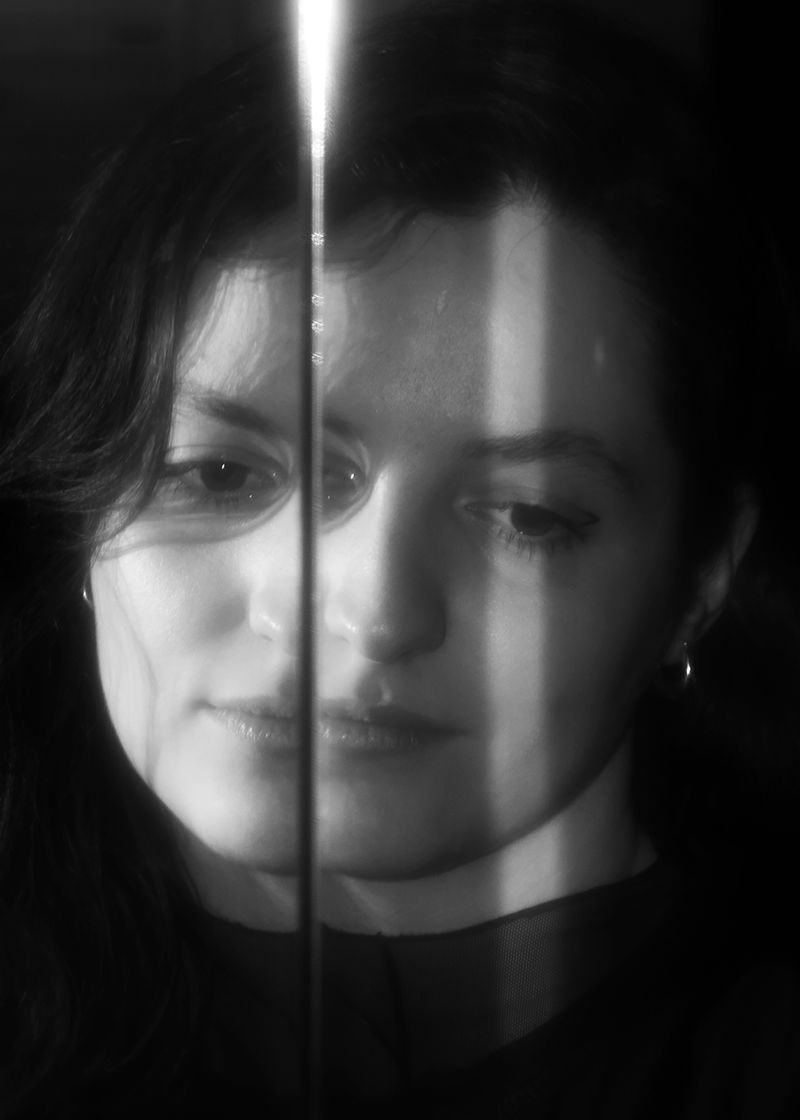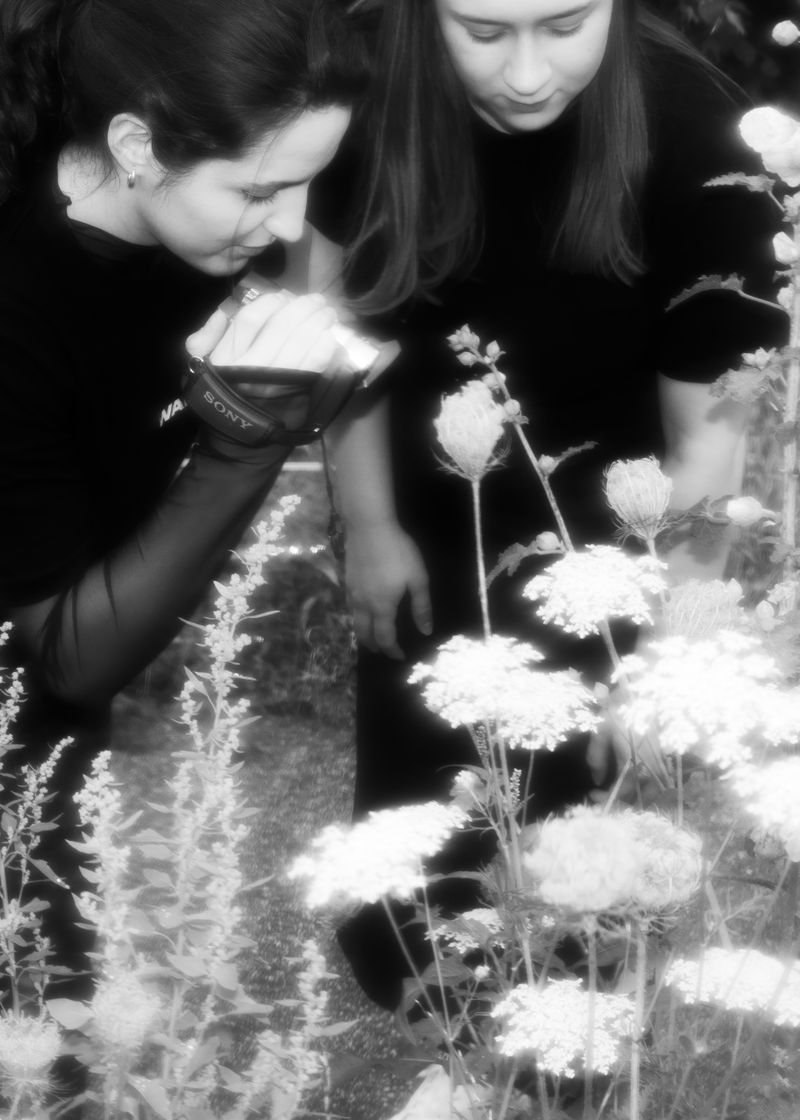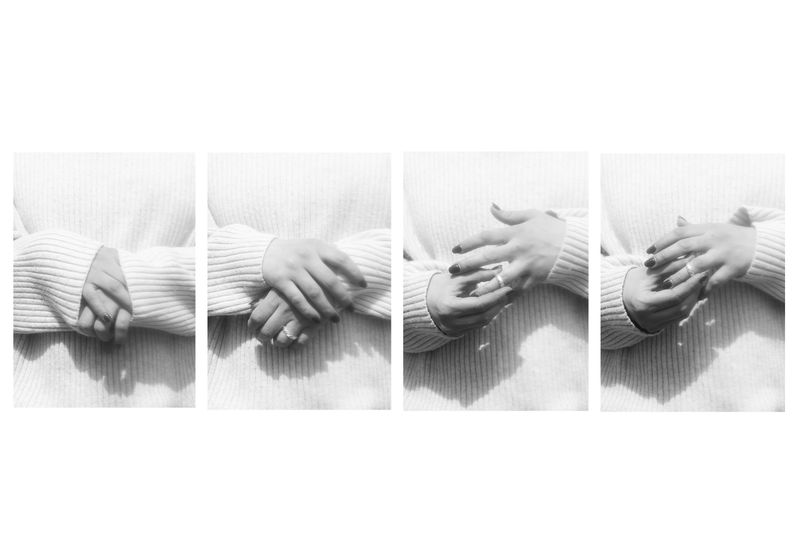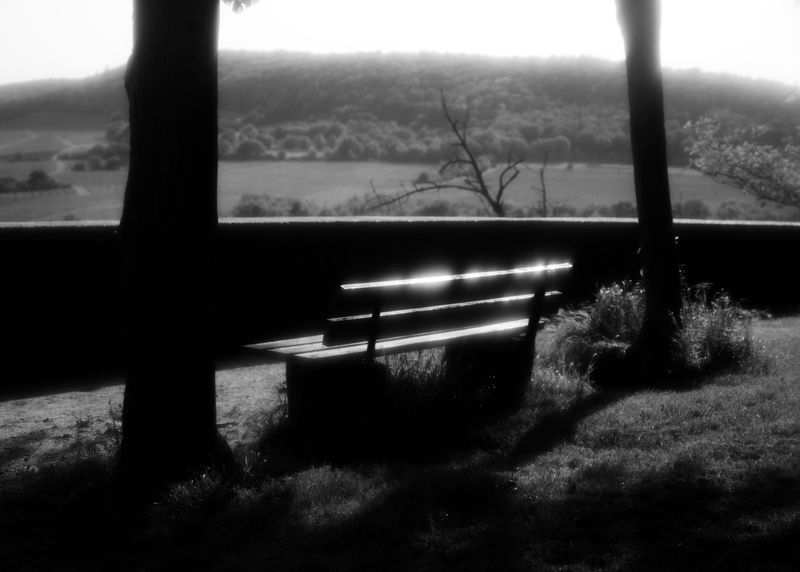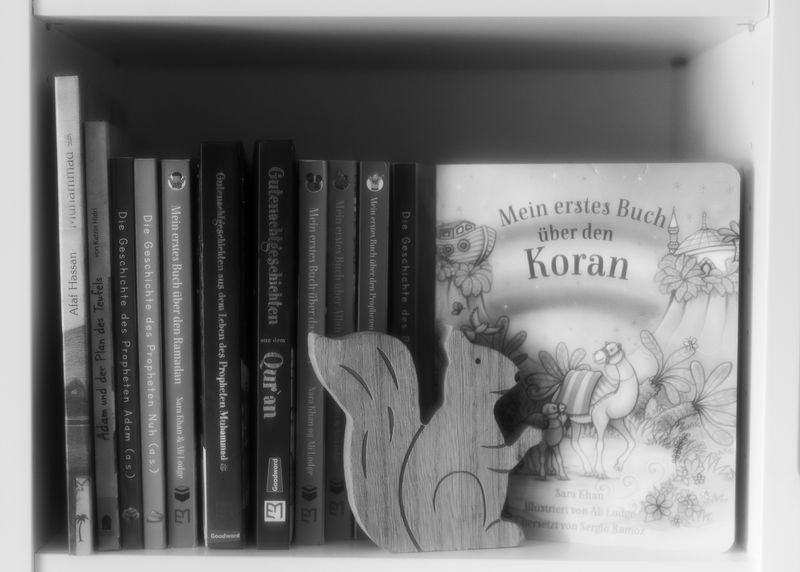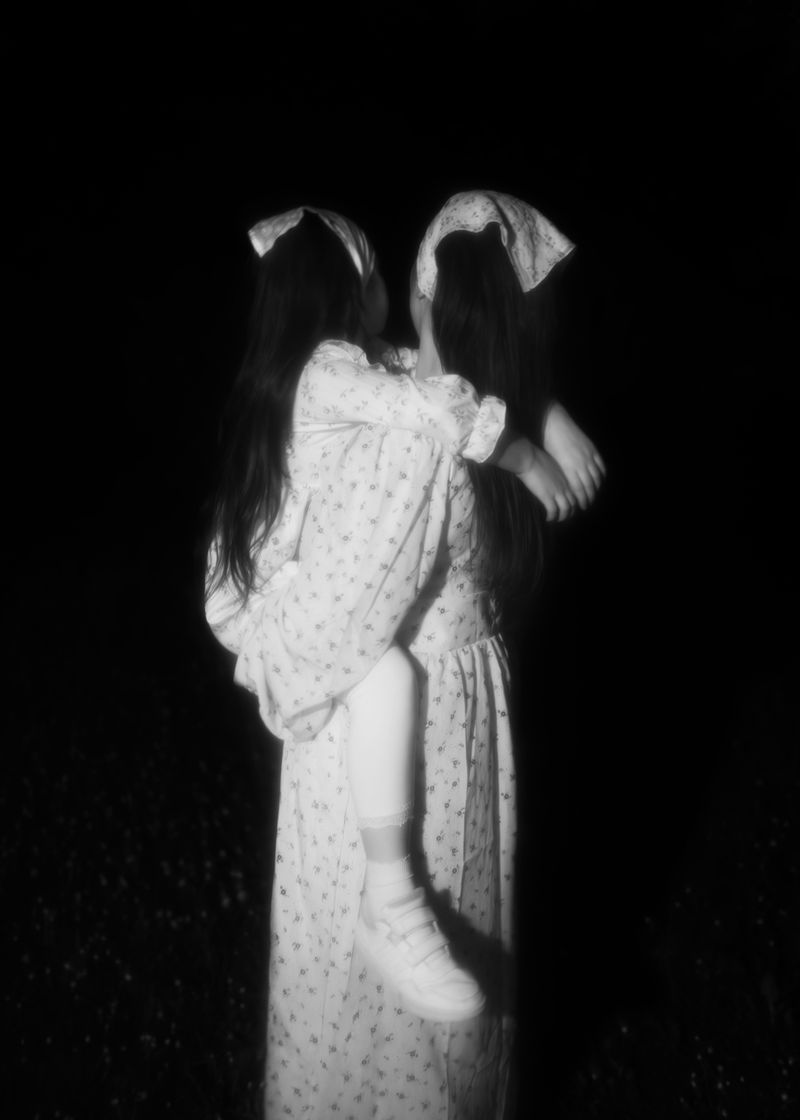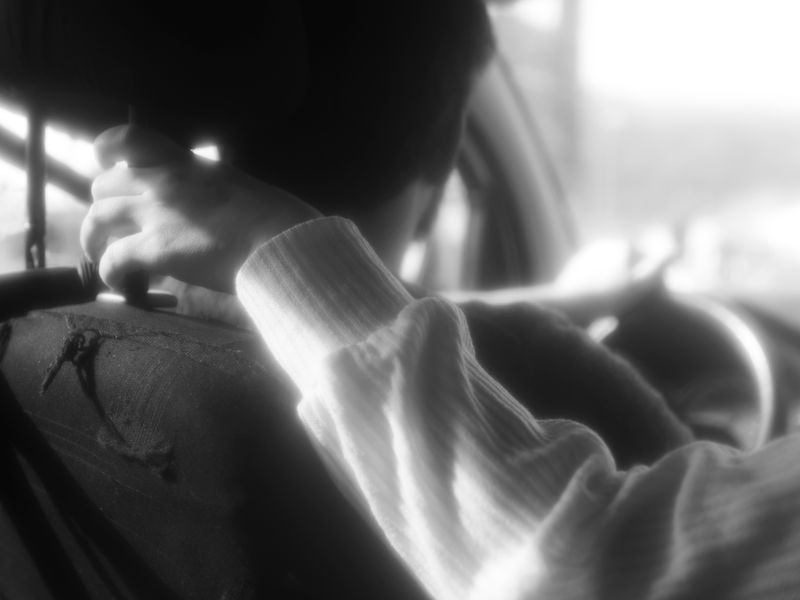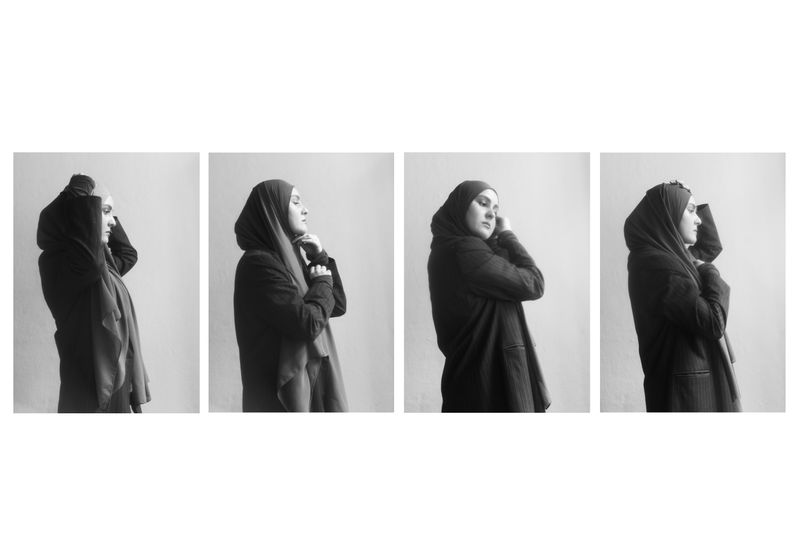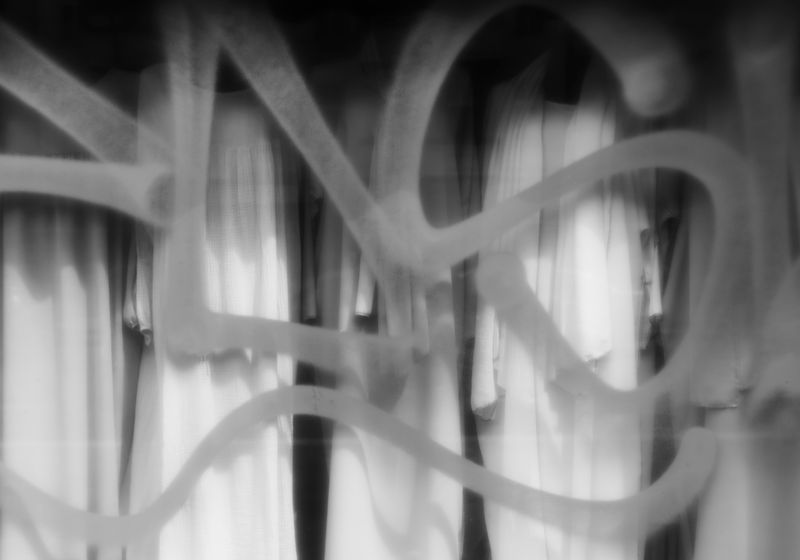Heda
-
Dates2023 - Ongoing
-
Author
“Heda” tells the stories of four young Chechen women living in Europe, sharing the name of one of my closest friends – the titular Heda, whom I cannot in person. The women – daughters of refugees – live suspended between cultures, unable to fully belong.
The starting point of "Heda" was born somewhere between the thousands of texts messages which I have exchanged over the years with one of my closest friends, an anthropology graduate born in Chechnya and now living in Moscow. The original idea – back in 2019 – was to combine our respective anthropological and artistic research practices into a documentary project about the oppression faced by women in the restrictive culture of post-war Chechnya. This plan was quickly hindered first by the pandemic, and later the Russian invasion of Ukraine. It became impossible for us to meet in person: I couldn’t enter Russia, and she couldn’t leave.
Amidst these challenges, a new concept emerged – a narrative which would incorporate both a broader picture of the cultural identity of Chechen women, and the connection which the two of us personally share. In the winter of 2023, I started travelling around Europe photographing young Chechen women who share the same name as my friend – Heda. I set out to create a story which is concerned with the contemporary issues of migration as much as the individual character of each of its heroines. The main subject of the project is the in-between state which daughters of refugees find themselves in: estranged from the traditional culture of their origin due to misogyny, while simultaneously not fully accepted in the country in which they now live due to xenophobia.
This project tells the stories of five Hedas – the four I met in person, and the one still 1400 kilometers away. Together, they create a multifaceted tale of migration, war, trauma, belonging and community.
